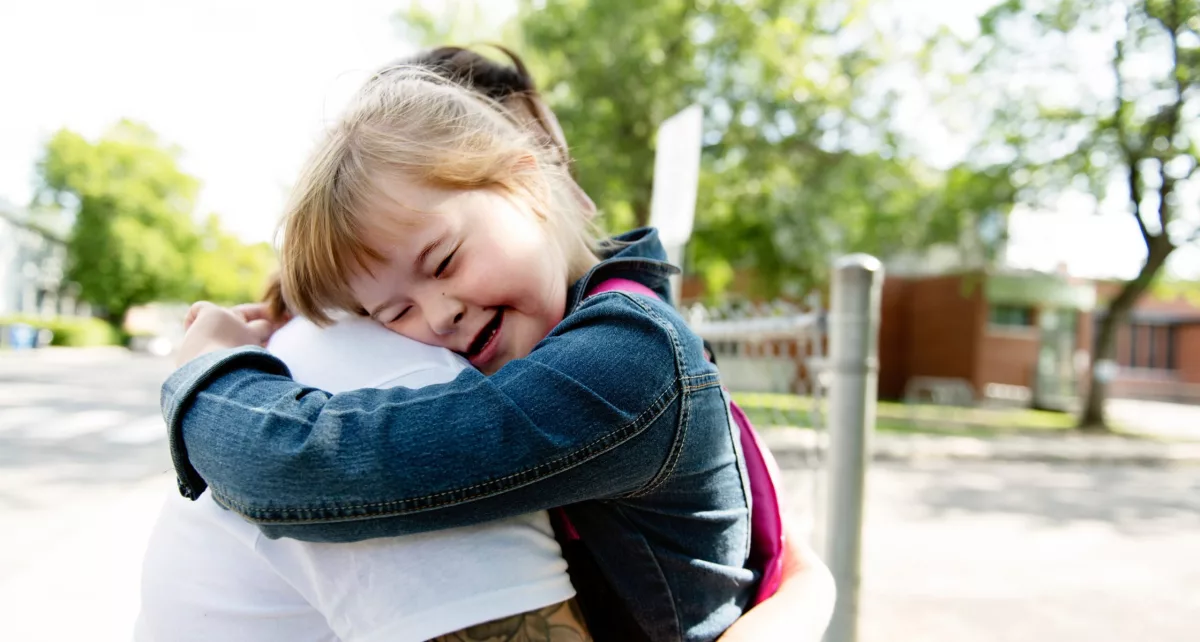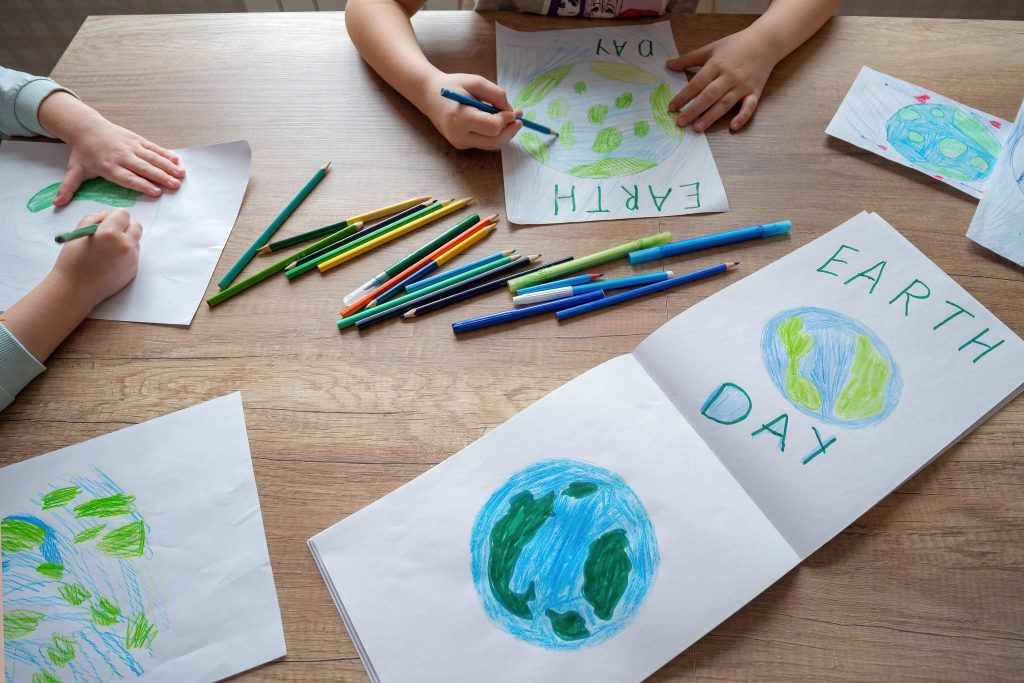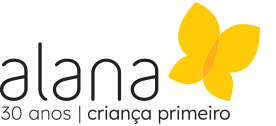27/03/2023
World Down Syndrome Day marks the beginning of a partnership between institutions to encourage research and school programs for people with intellectual disabilities
The whole of society must be committed to guaranteeing the rights of people with disabilities so that they can have a full professional and academic career, with quality of life, and fulfill their full potential with dignity, equality and security.
More than 12 million Brazilians have some type of disability, according to the IBGE. Among them, there are around 300,000 people with Down syndrome, according to the Brazilian Federation of Down Syndrome Associations (FBASD). But many of them remain outside the labor market or do not reach higher levels of education due to the various barriers they face throughout their lives. Likewise, research in the health area is insufficient for not making the necessary investments and training and not considering the specificities of these people.
Facing this scenario, Alana joined forces with the Dean of Research and Innovation at the University of São Paulo (USP), in association with professors Orestes Forlenza (Department of Psychiatry at FMUSP), Wilson Araújo da Silva (FMRP-USP) and Daniele de Paula Faria (LIM-43, HCFMUSP), to offer on World Down Syndrome Day, March 21, a workshop for researchers, health professionals and managers on advocacy and incentives for research on Down syndrome.
The date marked the beginning of discussions at the university for the creation of a Brazilian Research Network on Down Syndrome and a School Program at USP for people with intellectual disabilities.
“It was a historic day in which we were able to debate with the scientific community, civil society and government authorities on guidelines that can change the reality of people with Down syndrome in the country. We are initiating a partnership that seeks to build a university academic path for people with intellectual disabilities, in addition to increasing the workload on the subject in university courses”, comments Claudia Moreira, a researcher at Alana Foundation.
“We left the event with the commitment of the Secretary of Policies and Strategic Programs of the Ministry of Science, Technology and Innovation, Márcia Barbosa, to dialogue for the construction of a national research network on Down syndrome. We are very excited about the next steps”, she concludes.




